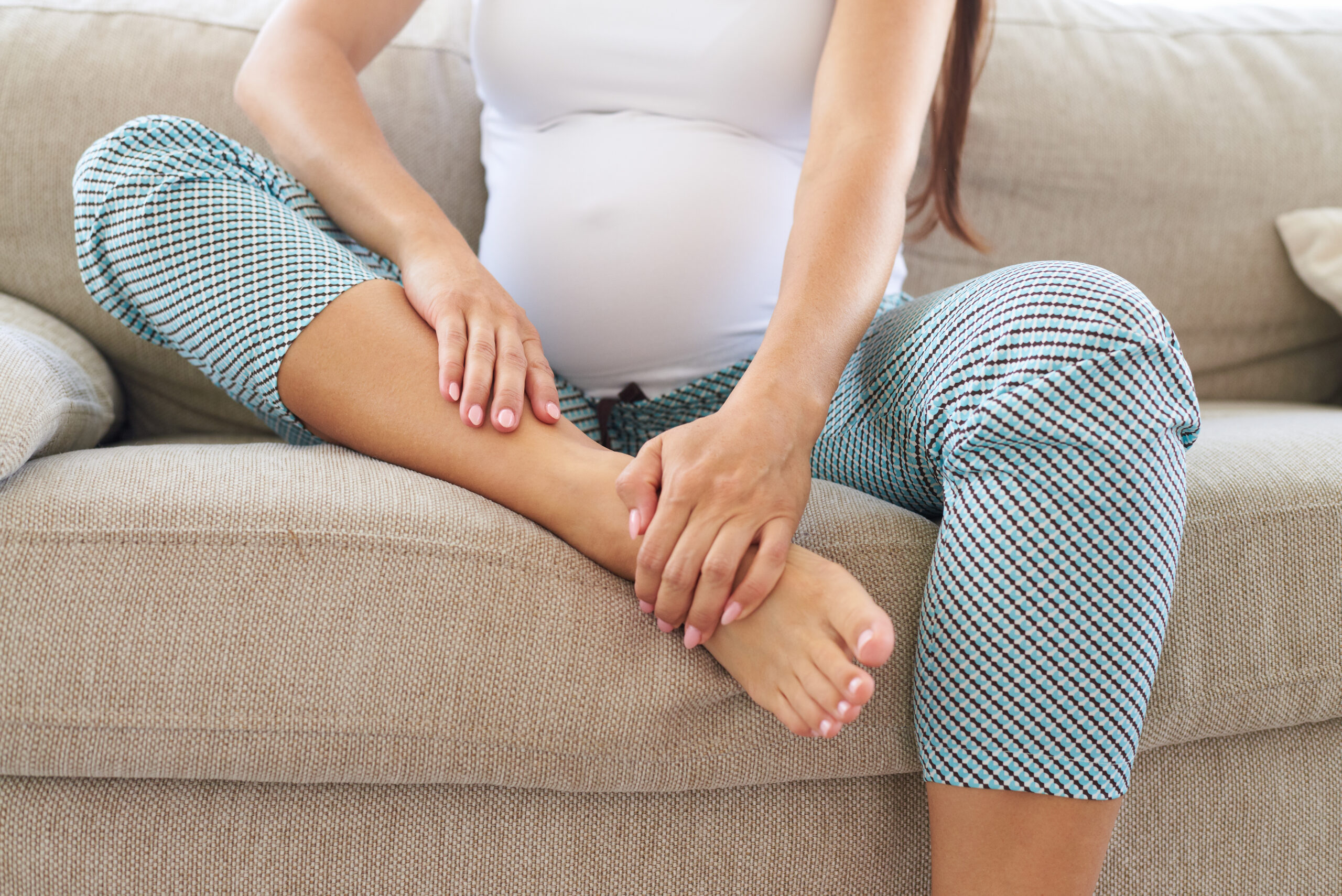
Water Retention in Pregnancy: Causes, Symptoms, and Treatment
Water retention, also known as edema, is a common condition during pregnancy. It occurs when excess fluid accumulates in the body’s tissues, causing swelling in the hands, feet, ankles, and legs. While water retention is usually not harmful, it can be uncomfortable and lead to other health problems if left untreated.
Causes of Water Retention in Pregnancy
Several factors contribute to water retention during pregnancy:
- Increased blood volume: The body produces more blood during pregnancy to support the growing baby. This increased blood volume can put pressure on the veins, causing fluid to leak into the surrounding tissues.
- Hormonal changes: Pregnancy hormones, such as progesterone, can cause the body to retain more water. Progesterone relaxes the smooth muscles in the veins, which can lead to fluid accumulation.
- Reduced circulation: The growing uterus can put pressure on the large veins in the abdomen, reducing blood flow to the lower extremities. This can also contribute to water retention.
- Sodium intake: Consuming too much sodium can cause the body to retain more water.
- Certain medical conditions: Preeclampsia, a pregnancy-related condition characterized by high blood pressure and protein in the urine, can also lead to water retention.
Symptoms of Water Retention in Pregnancy
The most common symptom of water retention in pregnancy is swelling in the hands, feet, ankles, and legs. Other symptoms may include:
- Puffiness in the face
- Tightness in the rings or shoes
- Difficulty walking or standing for long periods
- Numbness or tingling in the hands or feet
- Weight gain that is not due to the baby’s growth
Treatment for Water Retention in Pregnancy
Treatment for water retention in pregnancy typically involves lifestyle modifications and, in some cases, medication.
Lifestyle Modifications:
- Reduce sodium intake: Limit the amount of salt you consume to less than 2,300 milligrams per day.
- Elevate your feet: When sitting or lying down, elevate your feet above your heart to improve circulation.
- Exercise regularly: Regular exercise can help improve circulation and reduce fluid retention.
- Wear compression stockings: Compression stockings can help improve blood flow and reduce swelling.
- Get enough sleep: Getting adequate sleep can help reduce fluid retention.
Medication:
In some cases, your doctor may prescribe medication to reduce water retention. Diuretics, which are medications that help the body get rid of excess fluid, may be used. However, diuretics should only be used under the supervision of a doctor.
When to Call Your Doctor
While water retention is usually not harmful, it is important to call your doctor if you experience any of the following symptoms:
- Sudden or severe swelling
- Swelling that is accompanied by pain, redness, or warmth
- Swelling that is only in one leg
- Difficulty breathing
- Chest pain
These symptoms could indicate a more serious condition, such as a blood clot or preeclampsia.
Prevention of Water Retention in Pregnancy
While it is not always possible to prevent water retention during pregnancy, there are some things you can do to reduce your risk:
- Maintain a healthy weight
- Eat a healthy diet low in sodium
- Exercise regularly
- Get enough sleep
- Avoid standing or sitting for long periods
- Elevate your feet when possible
Conclusion
Water retention is a common condition during pregnancy that can cause discomfort and swelling. While it is usually not harmful, it is important to be aware of the symptoms and when to seek medical attention. By following the treatment recommendations and making lifestyle modifications, you can help reduce water retention and improve your overall health during pregnancy.